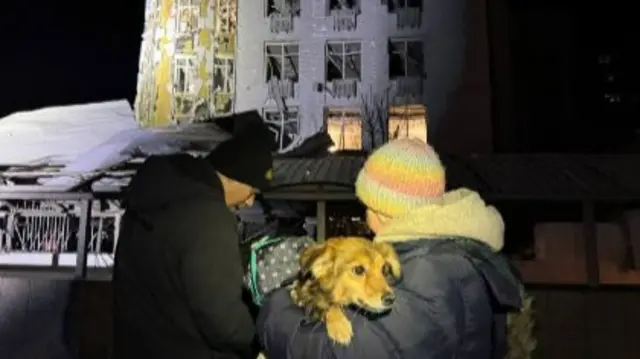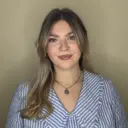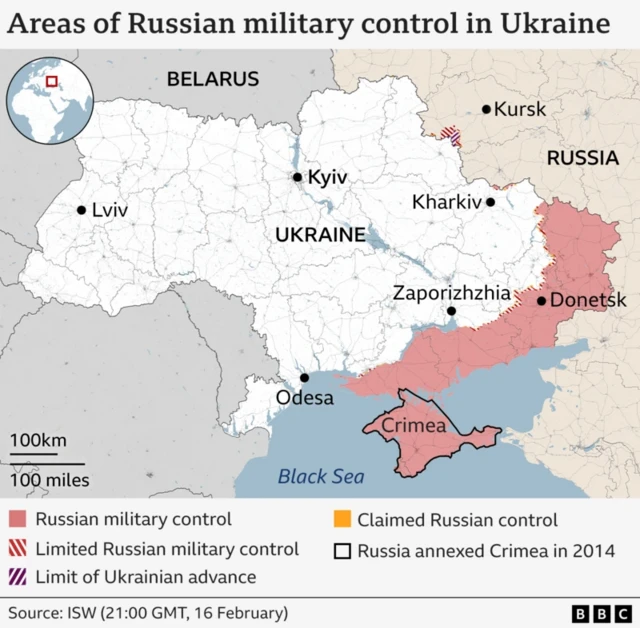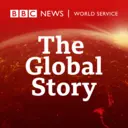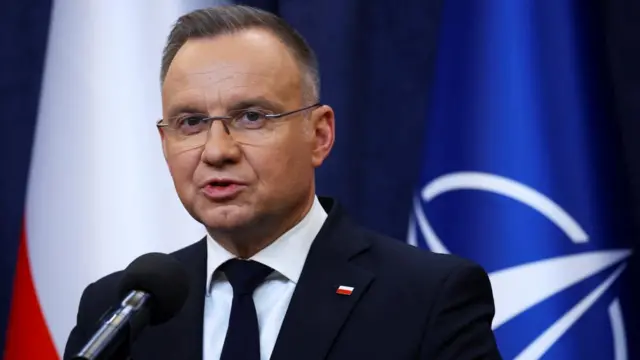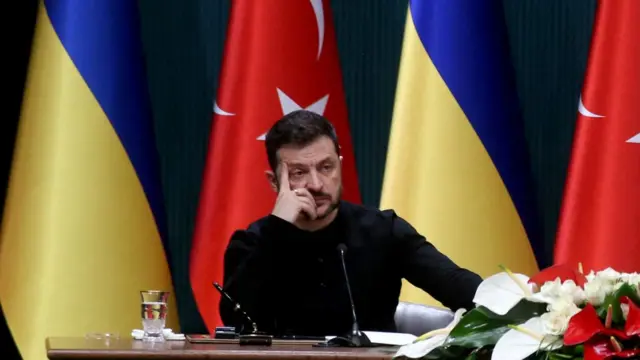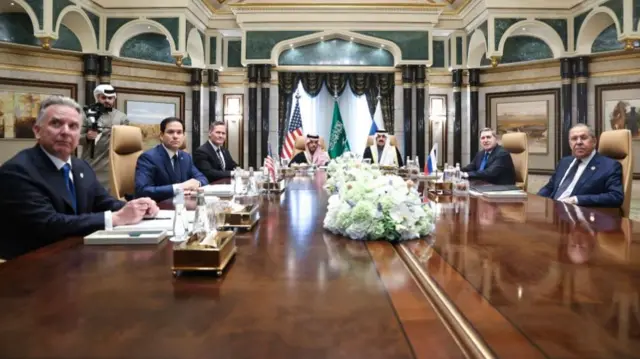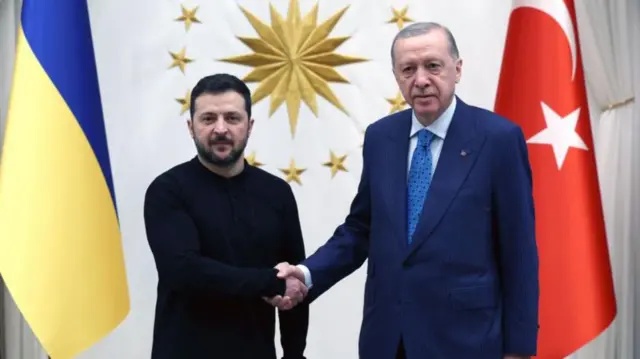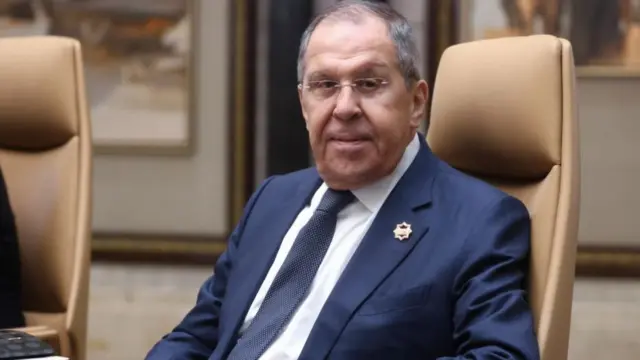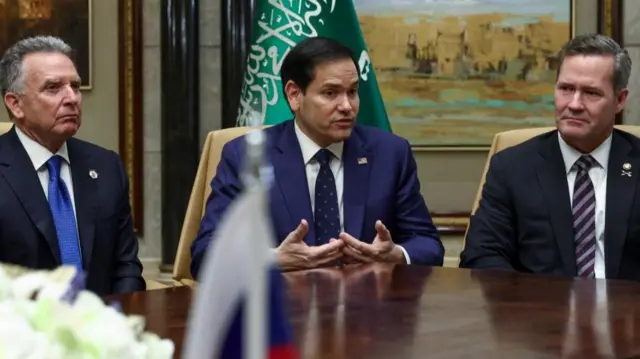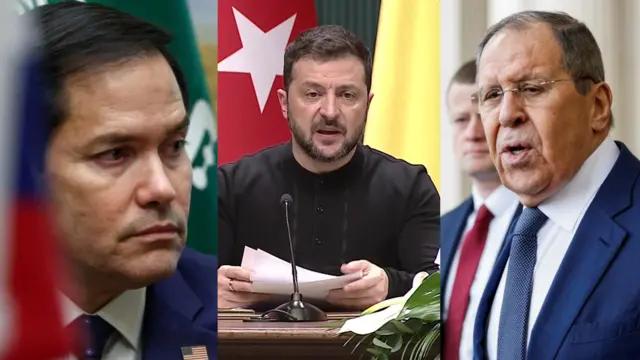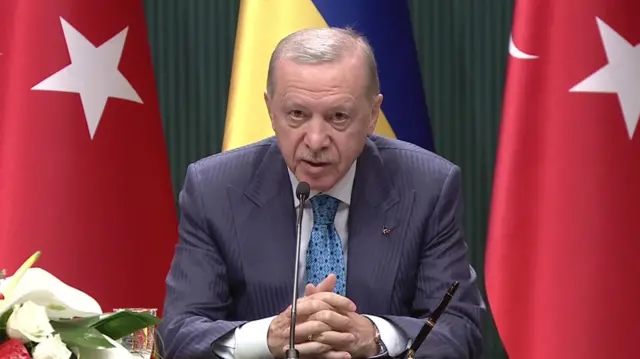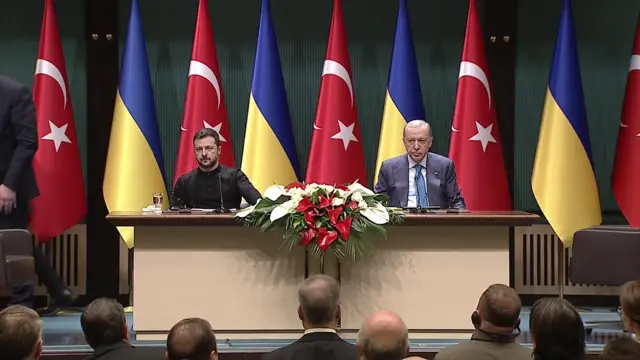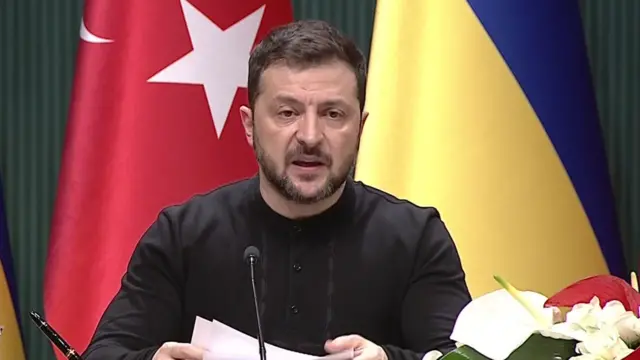
Russia shows no sign of conceding any groundpublished at 07:55 GMT 19 February
 Sarah Rainsford
Sarah Rainsford
Eastern Europe correspondent
After more than four hours of talks in Riyadh, US Secretary of State Marco Rubio emerged to the press and announced the first steps towards negotiations had been agreed, with teams to be formed on both sides.
He'd concluded that Russia was ready to engage in a "serious process" to end the war. But why was he so sure?
Across the table was Foreign Minister Sergei Lavrov, still under sanctions for what the US Treasury called Russia's "brutal war of choice".
When Lavrov met the Russian media, he told them the US had proposed a moratorium on attacking energy infrastructure.
"We explained that we have never endangered the civilian energy supply and only target what directly serves Ukraine's military," was the minister's reply.
That's not true. I have personally walked through the ruins of civilian power plants that have been directly targeted by Russian missiles.
This is the country that the US is attempting to engage with, although there is ample evidence that it can't be trusted.
Russia has also shown zero sign of conceding any ground. Why would it, when the Trump administration has already agreed that Ukraine will never join Nato, as Moscow demands, and won't get its occupied land back?
That's why, for Ukraine's allies, it won't only be the image of US and Russian officials seated at the shiny Saudi table that jarred. It's also how they talked.
